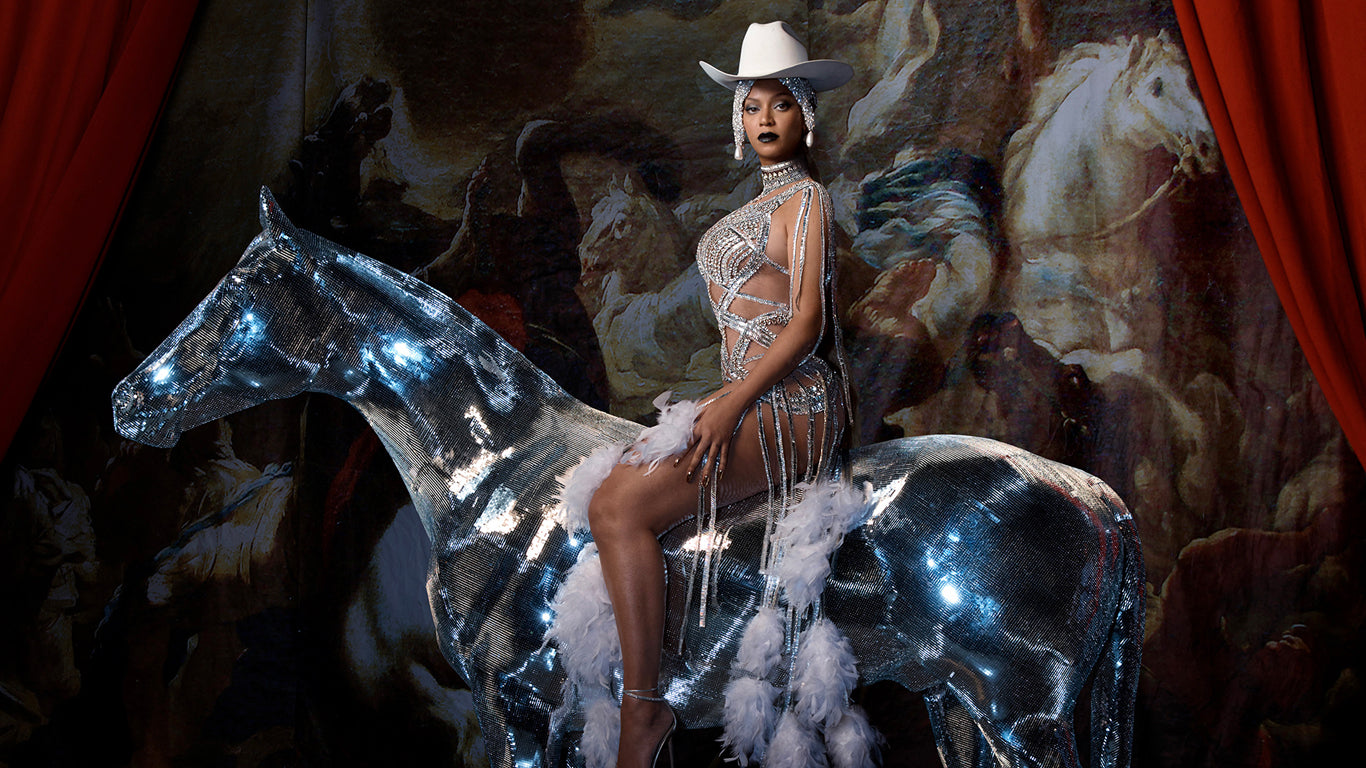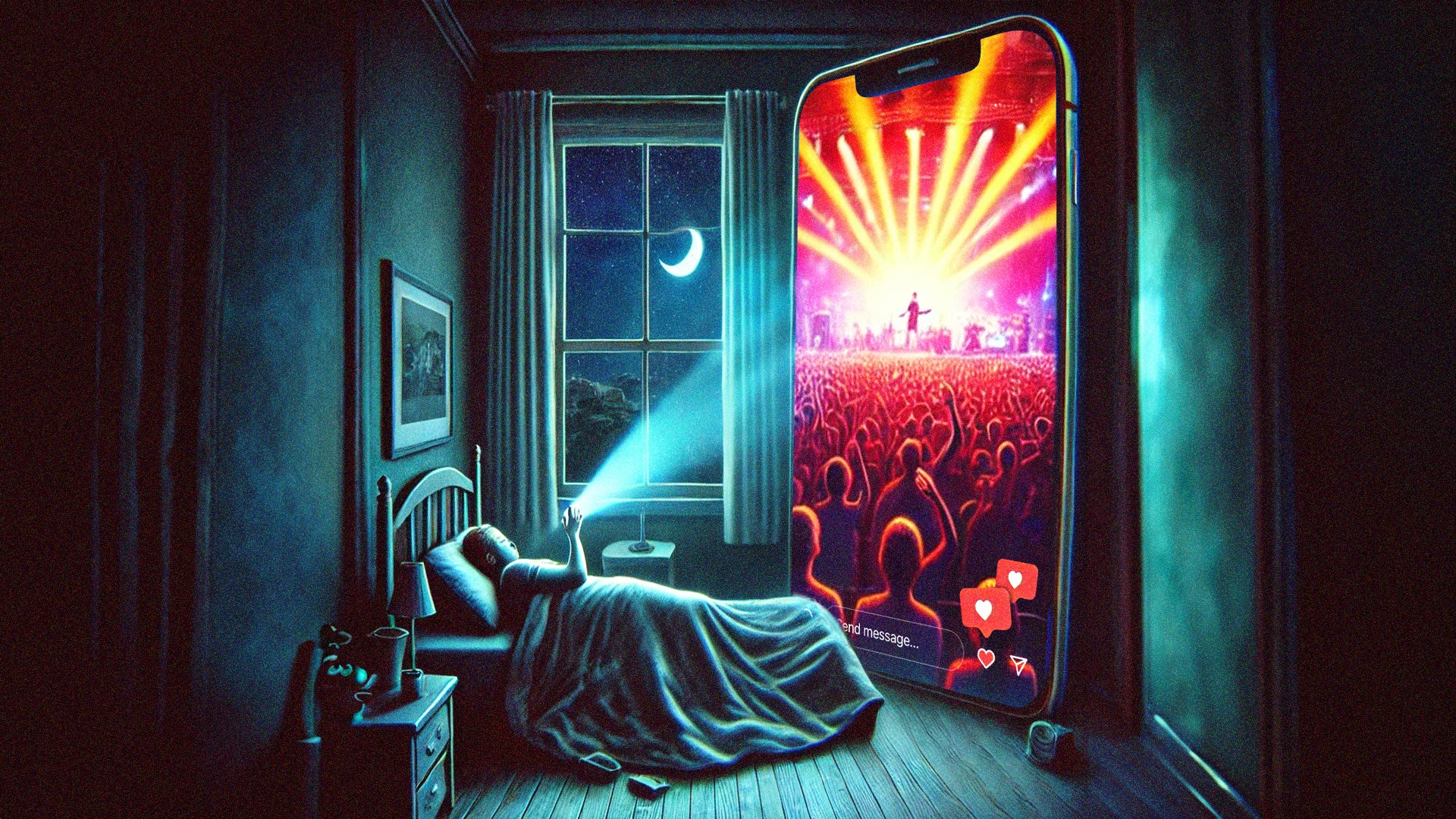Renaissance: Beyonce Creates History By Winning The Most Number Of Grammy Awards

As artists (especially women) approach the age of 40, they can sometimes face societal attitudes that dismiss their continued creative potential. However, Beyonce's latest album is a powerful reminder that creative expression knows no age limits, and that no artist should be subjected to arbitrary societal expectations.
Unique, strong and sexy are the keywords that Queen Bey wants to project far and wide through her seventh studio album "Renaissance". The album is built on varied experiences comprising a history lesson in dance music, paying homage to the genre’s many forms.
The album is a celebration of freedom and a complete immersion into house and dance music that centres on the immediate present but thrives on sampling and reimagining classic sounds to invent the new.
When putting together the list of collaborators for her latest album, Beyoncé said legends only. Drake, Jay-Z, Pharrell, Raphael Saadiq, James Brown, the “Mother of Contemporary Gospel Music” Twinkie Clark, and the “Godfather of Disco” Giorgio Moroder are all credited on the album, as are big-time producers, including No I.D., Hit-Boy, Boi-1da, and frequent collaborator The-Dream.
Beyoncé even got Grace Jones to appear on “Move” despite the icon’s previous comments that she would never collaborate with “middle of the road” artists like Beyoncé or Rihanna.
Renaissance also features samples and contributions from many artists, including Skrillex and Blood Pop. On the final track, “Summer Renaissance" Beyoncé borrows heavily from disco queen Summer’s “I Feel Love.”
Further, the undeniable danceability, lighthearted shade, free sexuality and unbridled joy found across the record is clearly influenced by and indebted to the queer and trans pioneers who popularised house music.
With Renaissance, Beyoncé now holds the record for the most Grammy Awards won in a lifetime (32 to be exact). The cover is a homage to John Collier's 19th century painting of Godiva, an Anglo-Saxon noblewoman, who is mainly remembered for riding naked, covered only by her long hair; and also, a reference to the iconic entrance of Bianca Jagger at Studio 54 in New York.
Also read: Milli Vanelli: The biggest pop fraud in music history






Comments